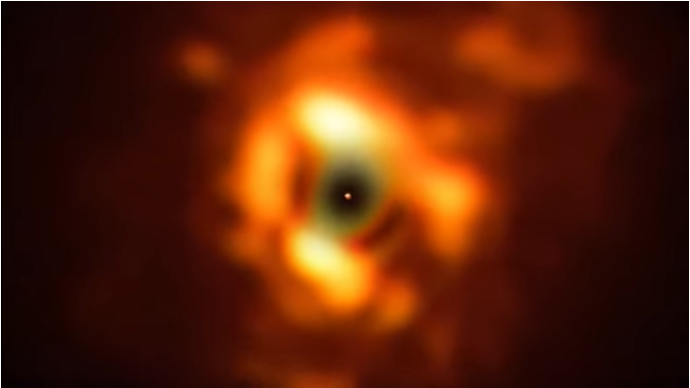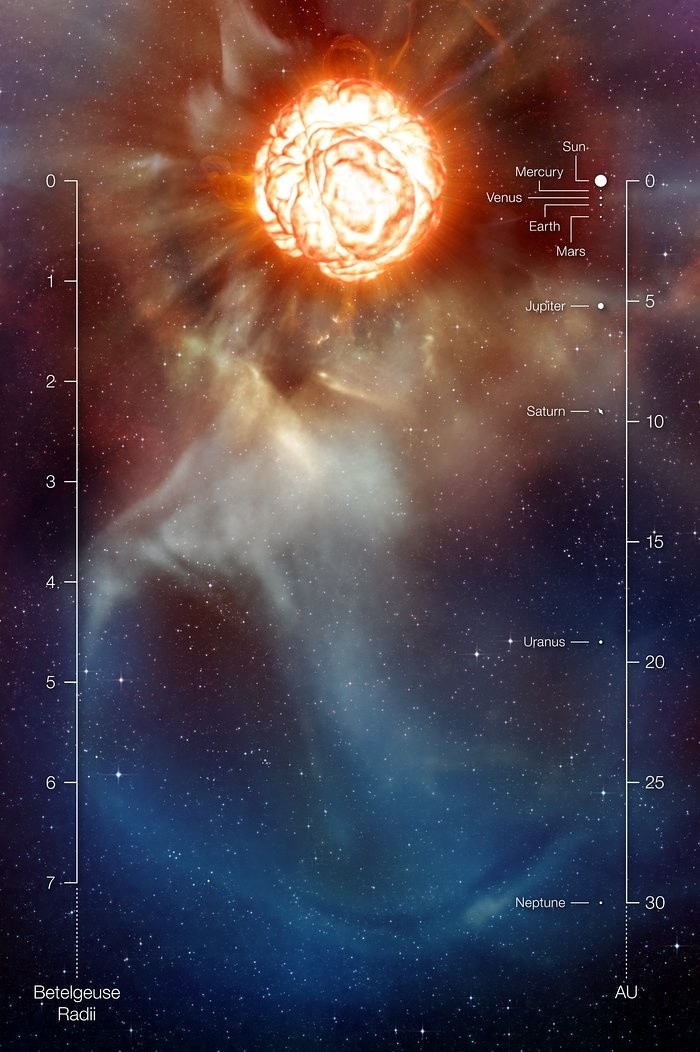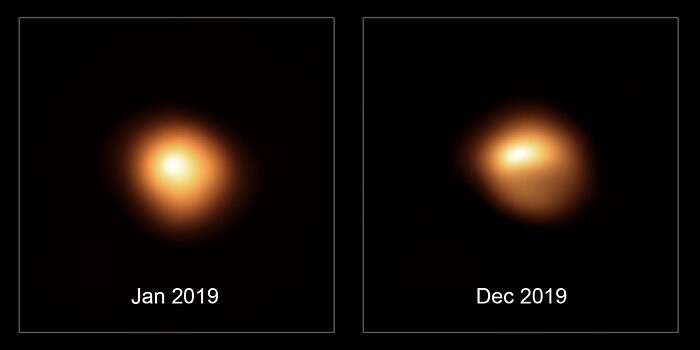
If you think that 2020 seemed to already have a lot on its plate after issues of Coronavirus or the deadly giant killer asteroid went viral over the months, brace yourselves! 2020 is just starting with another space issue of Supergiant Star exploding in the next few weeks: the Betelgeuse Supernova.
Here's what will happen once Supergiant Star Betelgeuse explodes in Feb. 21
On Feb. 13, Tech Times reported that a Supergiant Star Betelgeuse with an estimated diameter size of Mars and Jupiter's orbits and bigger than the mass of the sun between 11 to 12 times, is said to explode next week or exactly on Friday, Feb. 21.
The report mentioned that the red supergiant star has been dimming its light for the last couple of months. This is partially common to Betelgeuse since it only has 100,000 years left before the disappearance.

However, the dimming lights of one of the reported brightest stars on Earth's perspective seemed to be getting dim quite faster than expected. With that, a question pops in the head of most researchers and astronomers: is Betelgeuse going to explode near soon?
Supergiant star Betelgeuse's dimming lights change so fast

As first noted via Veteran Villanova University astronomer Edward Guinan, Betelgeuse has been taking an unusual route towards its last years on space. He mentioned on his blog that the red supergiant star is not coming back to its original brightness, which might be a cause of debris covering the star, or it means that an explosion is about to happen once it reached its dimmest state on Feb. 21.
Contrary to what Guinan believes in, a different report from European Southern Observatory said that there seemed to be fast changes on Betelgeuse's brightness since the team captured the ray of light coming from the star from Jan. to Dec. 2019. As observed, the star is at about 36 percent of its normal brightness now compared to last year.
This made them conclude that Betelgeuse going Supernova is probably not going to happen anytime soon since it still has the normal release of brightness. However, they clarified that there could be surprises for the next weeks.
"The two scenarios we are working on are cooling of the surface due to exceptional stellar activity or dust ejection towards us," said Miguel Montargès, an astronomer at KU Leuven in Belgium. "Of course, our knowledge of red supergiants remains incomplete, and this is still a work in progress, so a surprise can still happen."
What will happen once Betelgeuse explodes?
CNN reported that no damages can be done to planet Earth if ever Betelgeuse explodes on Friday. However, there will be a major change once this happens, since the Earth skies will be darker-- even on daytime-- compared before for the next six months after its Supernova.
Luckily, you don't need to wear any space stuff to see this majestic view, just use your naked eyes.
ALSO READ: Is Earth's Doomsday Near? NASA Warns Killer Asteroid May Arrive on Earth in 5 Days
ⓒ 2026 TECHTIMES.com All rights reserved. Do not reproduce without permission.




